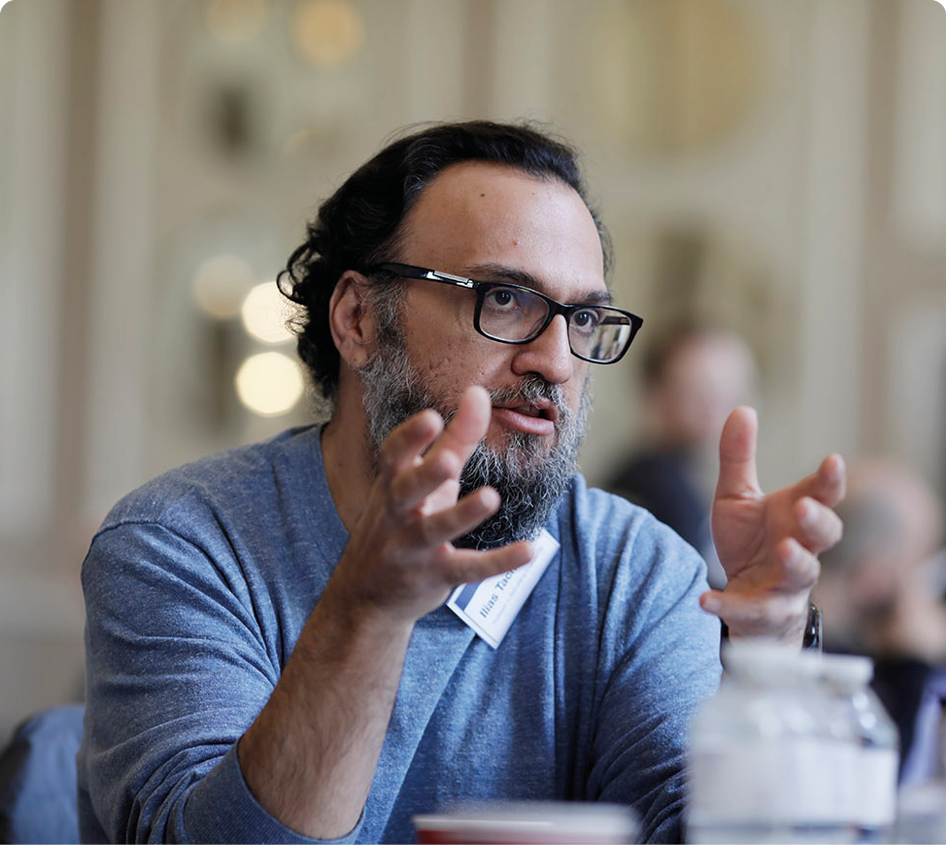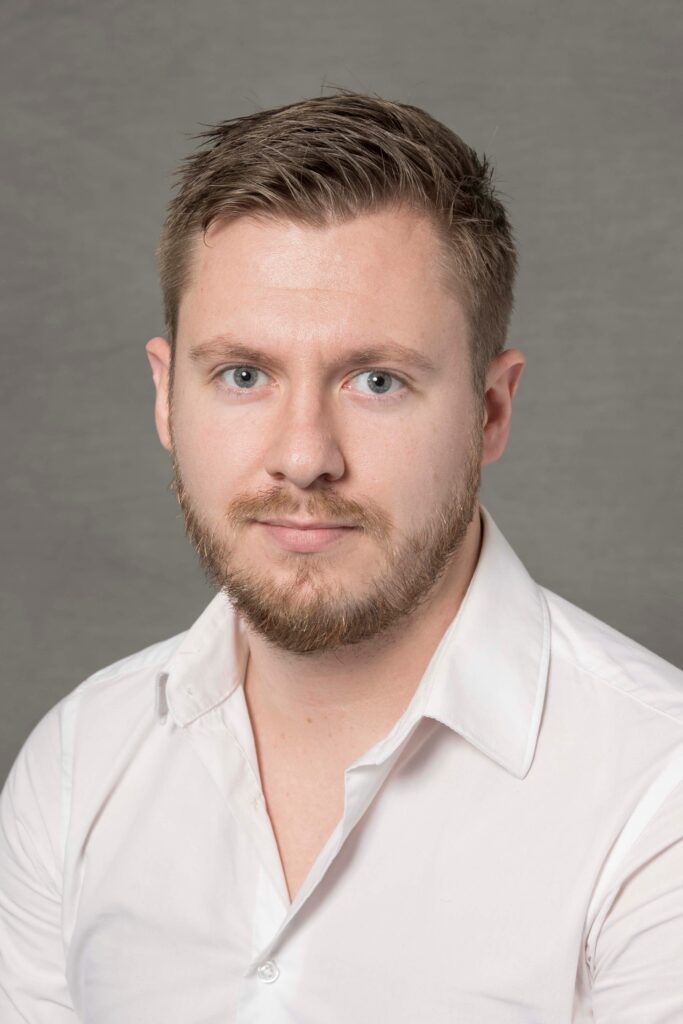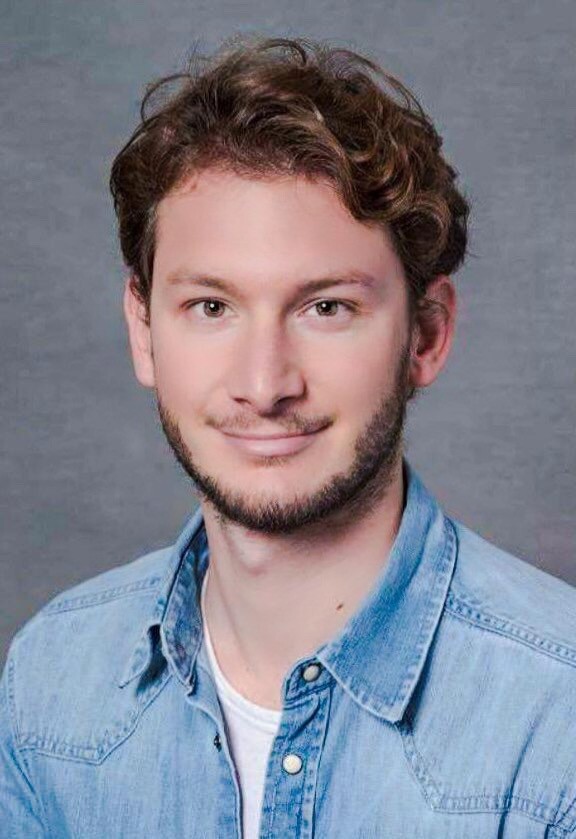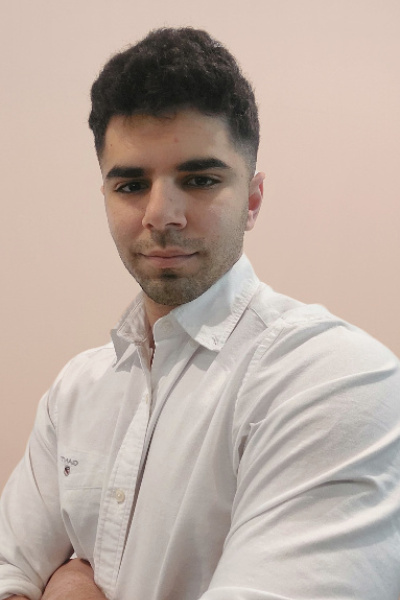
UCL is one of the UK’s premier universities and is consistently ranked in the world’s top 10. UCL brings together world-renowned experts, from across the academic spectrum. It is a world-class research and teaching institution whose staff and former students include 28 Nobel Prize winners and three Field’s medallists.
UCL in HyperProbe
Prof. Tachtsidis’ group, the MultiModal Spectrosopy within the UCL Biomedical Optics Research Laboratory (BORL), is the largest group working in Near-Infrared Spectroscopy (NIRS) technology development and application in the UK. The group uses an iterative approach to instrumentation and algorithm development, laboratory-based validation, mathematical modelling and appropriately timed human studies.
The UCL team leads WP3 with the main objectives (1) developing a digital phantom based on Monte Carlo simulations of light diffusion in the brain; (2) developing a liquid optical phantom that simulates brain tissue properties and (3) supporting the characterisation of the HyperProbe instruments before the clinical feasibility study.
Prof. Ilias Tachtsidis
Professor Ilias Tachtsidis’ research is highly multi-disciplinary, crossing the boundaries between engineering, physics, neuroscience, and clinical medicine. The technical focus of his work is the development and use of non-invasive optical instruments and techniques for monitoring brain oxygenation, haemodynamics and metabolism. A major part of Prof. Tachtsidis research is to develop the next generation of optical devices to monitor and image brain health. He is considered a leader in the development of instrumentation and algorithms for monitoring with NIRS non-invasively brain tissue cytochrome-c-oxidase (CCO), a marker of mitochondrial function and metabolism.
In 2016 Prof. Tachtsidis created MetaboLight, the public engagement alias of his research team; and created really imaginative and impactful ways of sharing how his interdisciplinary research is using light to understand brain function and improve patient care in newborn infants. MetaboLight has participated in a large number of outreach activities including school visits and science festivals.


Dr. Frédéric Lange
Dr. Frédéric Lange is an engineer/physicist working on the development of novel optical technologies to be used for biomedical applications. He received the M.Sc. degree in neuroscience and health imaging from the University of Caen Basse-Normandie, Caen, France, in 2012, and the Ph.D. degree in biomedical optics from the University of Lyon and INSA de LYON, Lyon, France, in 2016. Since 2016, he has been a Research Associate with the Biomedical Optics Research Laboratory, Department of Medical Physics and Biomedical Engineering, University College London, London, U.K. His current main research interests are in the development of novel optical technologies to monitor tissue’s oxygenation and metabolism, with a specific interest for non-invasive brain monitoring in healthy (i.e., brain development/neuroscience) and pathological conditions.
Luca Giannoni
Luca Giannoni completed his PhD in Medical Imaging at UCL in 2020 and has been working in the field of biomedical optics and imaging for about seven years. During his PhD, he developed a novel benchtop HSI system for simultaneous in vivo monitoring and quantification of cerebral tissue oxygenation, haemodynamics and cellular metabolism in animal models (Giannoni et al., IEEE JSTQE, 2021), the very first of its kind. The system was used to study cerebral responses to brain oxygenation challenges, such as hypoxia, hyperoxia and ischaemia. He also worked on developing Monte Carlo (MC) optical models of HSI (Giannoni et al., J. Biomed. Opt., 2020) and on validation of HSI approaches in both digital and tissue-mimicking phantoms. He was a postdoctoral researcher at UNIFI and CNR-INO from 2020 until 2024, focusing on developing cutting-edge multiphoton microscopy systems for neuroimaging, as well as on designing and validating cost-effective, compact HSI devices for clinical translation.


Angelos Artemiou
Angelos Artemiou is a multidisciplinary engineer with a passion for medical physics. He graduated from Imperial College London with an MEng in Electrical and Electronic Engineering. Currently, he is pursuing his PhD at UCL in the Medical Physics department, where he is working on the ambitious Hyperprobe project. During his academic journey, he has gained experience in various fields, including electronics, programming, and medical imaging. He also worked as an intern at DNA Nudge, where he worked on their flagship RT-PCR COVID-19 test kit.
His research interests lie at the intersection of engineering and medicine, where he aims to develop innovative solutions to improve healthcare outcomes. He is a quick learner and enjoys working in a collaborative environment